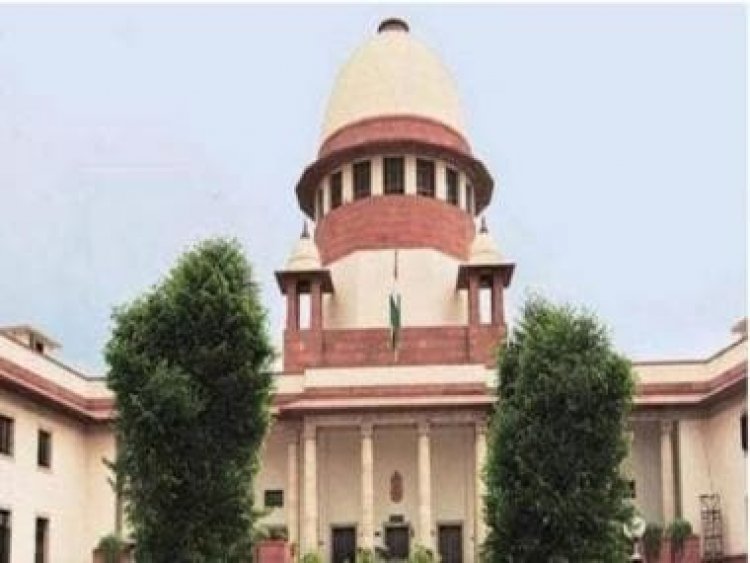'At end of 75 yrs, we need to re-look at reservations in general in spirit of transformative constitutionalism'
'At end of 75 yrs, we need to re-look at reservations in general in spirit of transformative constitutionalism'

New Delhi: The Supreme Court on Monday upheld the Constitutional validity of 103rd Constitutional Amendment which grants 10 percent reservation to Economically Weaker Section (EWS) among the forward castes.
The verdict was delivered by a Constitution Bench of the Supreme Court comprising Chief Justice of India (CJI) UU Lalit and Justices Dinesh Maheshwari, S Ravindra Bhat, Bela M Trivedi and JB Pardiwala.
According to Bar and Bench, there were four separate judgments delivered by the bench of the top court with CJI UU Lalit and Justice Ravindra Bhat dissenting from the majority opinion.
While hearing the matter, Justice Bela M Trivedi noted that the amendment enabling State to make special provision for those other than Scheduled Castes/Scheduled Tribes (SC/ST) should be treated as affirmative action by the Parliament.
“The amendment as a separate class is a reasonable classification. Legislature understands the needs of people and it is aware of the economic exclusion of people from reservation,” Justice Trivedi ruled.
Further, she suggested reexamining the concept of reservation. “It cannot be gainsaid that age old caste system in India led to introduction of reservations and so that SC/ST get level playing field. At end of 75 years, we need to take a re-look at reservations in general in spirit of transformative constitutionalism,” she stated.
Justice Dinesh Maheshwari noted that the EWS quota does not violate the basic structure of the Constitution. “EWS amendment does not violate the basic structure as it is based in economic criteria, state forming special provision for EWS quota does not violate the basic structure,” Justice Maheshwari held.
He further stated that reservation is an instrument of affirmative action so as to ensure all-inclusive march towards goals of egalitarian society, according to Bar and Bench.
“It is a means of inclusion of any class or section so disadvantaged. Reservation on economic basis does not violate basic structure of the Constitution,” he said.
Meanwhile, Justice JB Pardiwala batted for putting an end to continuance of reservation indefinitely. “The ones who have moved ahead should be removed from backward classes so that ones in need can be helped. The ways to determine backward classes need a re- look so that ways are relevant in todays time. Reservation should not continue for indefinite time so that it becomes a vested interest,” he said.
On the other hand, Justice Ravindra Bhat in his dissenting judgment said that the amendment is “deluding us to believe that those getting social and backward class benefit is somehow better placed.”
“This Court has held that 16(1) and (4) are facets of same equality principle. This amendment bestowing double benefits is incorrect. This exclusion violates non discriminatory and no exclusionary facet of the equality code,” he held.
On 27 September, the Supreme Court had concluded hearing the batch of petitions, filed by NGOs Janhit Abhiyan and Youth for Equality, among others, challenging the validity of the 103rd Constitutional Amendment that grants 10 percent reservation to Economically Weaker Section (EWS) among the forward castes.
The petitions challenged the amendment on the ground that economic classification cannot be the sole basis for reservation.
(With inputs from agencies)
Read all the Latest News, Trending News, Cricket News, Bollywood News,
India News and Entertainment News here. Follow us on Facebook, Twitter and Instagram.
What's Your Reaction?

























































